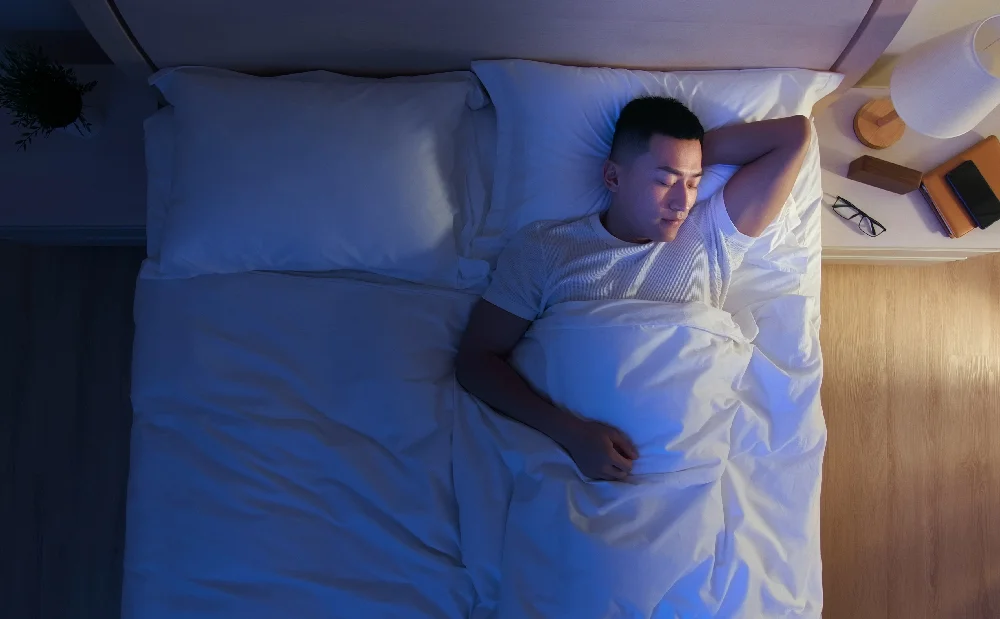
You might have decided that belly sleeping is the only way to get a great night’s rest. Or maybe you can only avoid achy joints in the morning if you sleep on your back. Whatever your preferred sleeping position, researchers have been studying just how it impacts your rest for quite a while. Now, one study shows that they’ve determined which is the least likely to result in long, uninterrupted stretches of time. It might even be waking you up more frequently at night.
A recent small study out of Australia used polysomnography, or a sleep study, at participants’ private residences to evaluate the number of awakenings that occur based on the position they slept in. (1) They recorded key events, such as limb movements and respiratory status, in addition to sleep positions. The study found that individuals who slept in the supine position, or on their back, had a 379 percent increase in respiratory arousals when compared to those who slept laterally (on their side).
Additionally, the study found that some adults were more sensitive to awakenings while sleeping on their back than others. But as with most research, scientists had to determine if there were more factors at play connecting those who sleep on their backs with poorer sleep. For example, having sleep apnea (which often means sleeping on your back), could impact results.
Previous studies have looked at the connection between sleeping position and sleep-related conditions, such as sleep apnea. A 2023 study found that the use of PTD (positional treatment device) in combination with other OSA treatments may lead to better outcomes for patients, emphasizing that sleep position can impact the quality of sleep people get. (2) Likewise, a 2023 survey found that 1 in 10 Americans wake up feeling refreshed, and sleep positions might be to blame. (3)
Adults aren’t the only ones whose sleep and body function is impacted by sleep position. A 2020 study found that sleeping positions in newborns impacted their heart rate variability. (4) In spite of the above study about adults, babies should only be placed on their backs to sleep.
While not everyone may agree on the best position to sleep in, experts have weighed in through the years on the ideal position. TikTok user and provider Dr. Sadovskaya garnered over 3000 mixed reactions to her video on the best and worst sleep positions, with her top picks as back and side sleeping. Other sleep experts have also supported that back is best — even for adults.
If you aren’t comfortable at night, but aren’t sure what to try, consider:
- Investing in a high quality mattress, and changing your mattress if it’s been many years since you last bought one
- Changing types of pillows. For example, belly sleepers might need slimmer pillows than back sleepers who might want to be more propped up.
- Finally, don’t feel you have to limit yourself to a certain position all night. Your body might naturally know more than you about how it needs to move to stay comfortable throughout the night.
- If you have any symptoms of a sleep disorder such as frequent waking, insomnia, daytime fatigue, or more, consult a healthcare provider rather than relying on position changes for help alone.
Ultimately, the best sleep position is likely the one that will result in the most comfort, and the best night’s sleep.
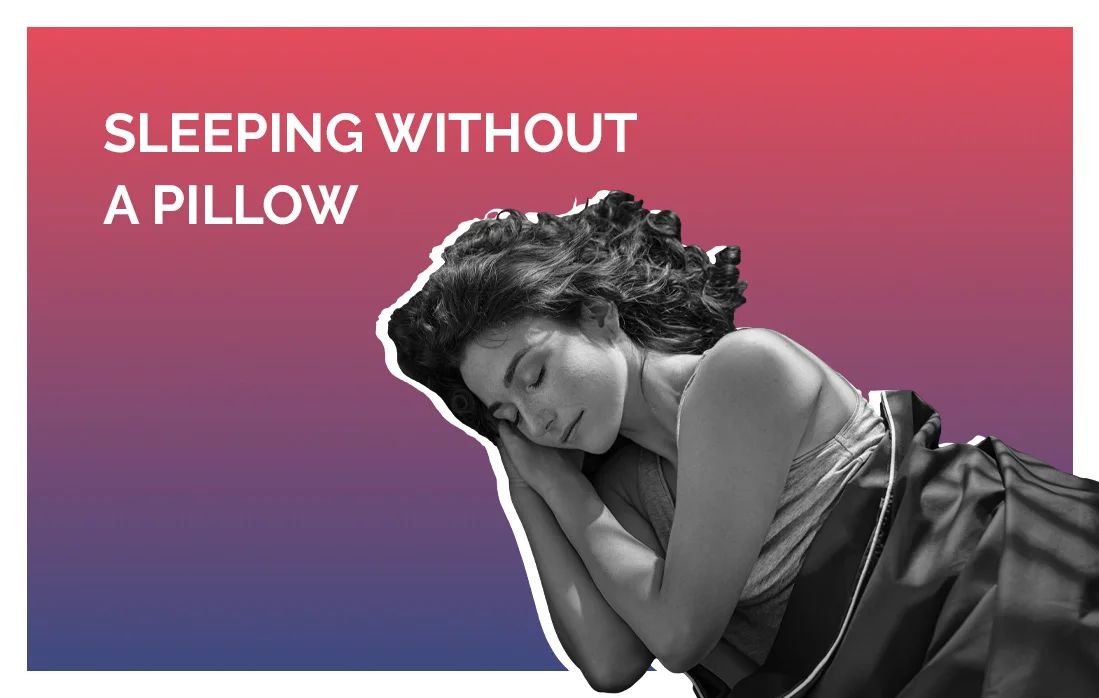
Sleeping Without a Pillow
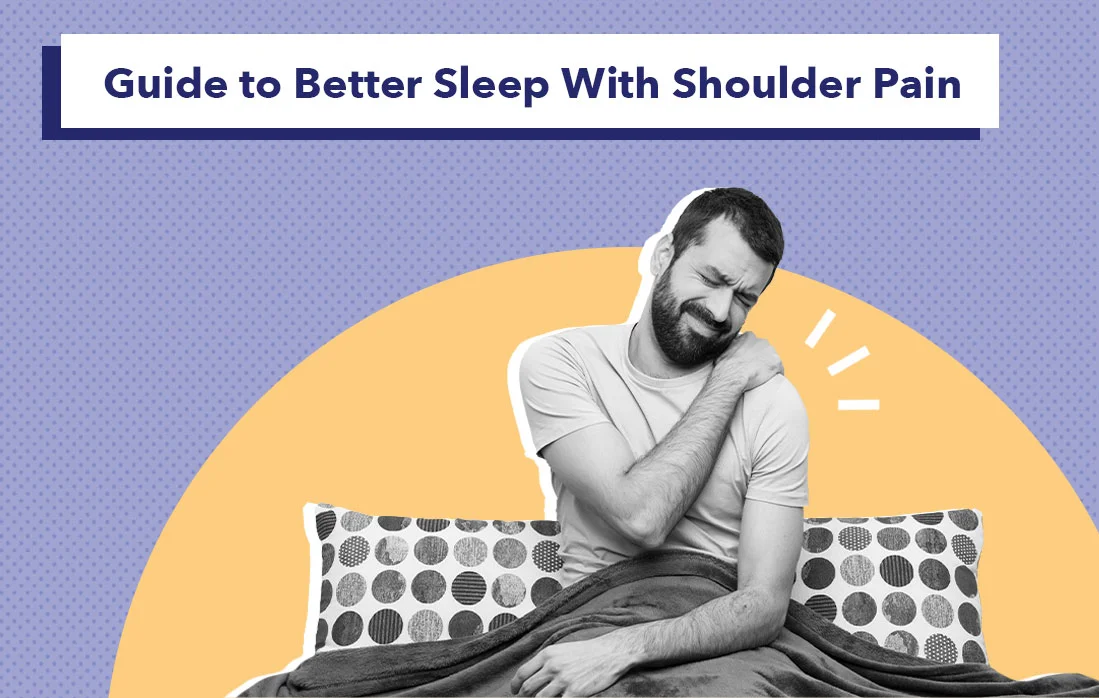
A Guide to Better Sleep With Shoulder Pain
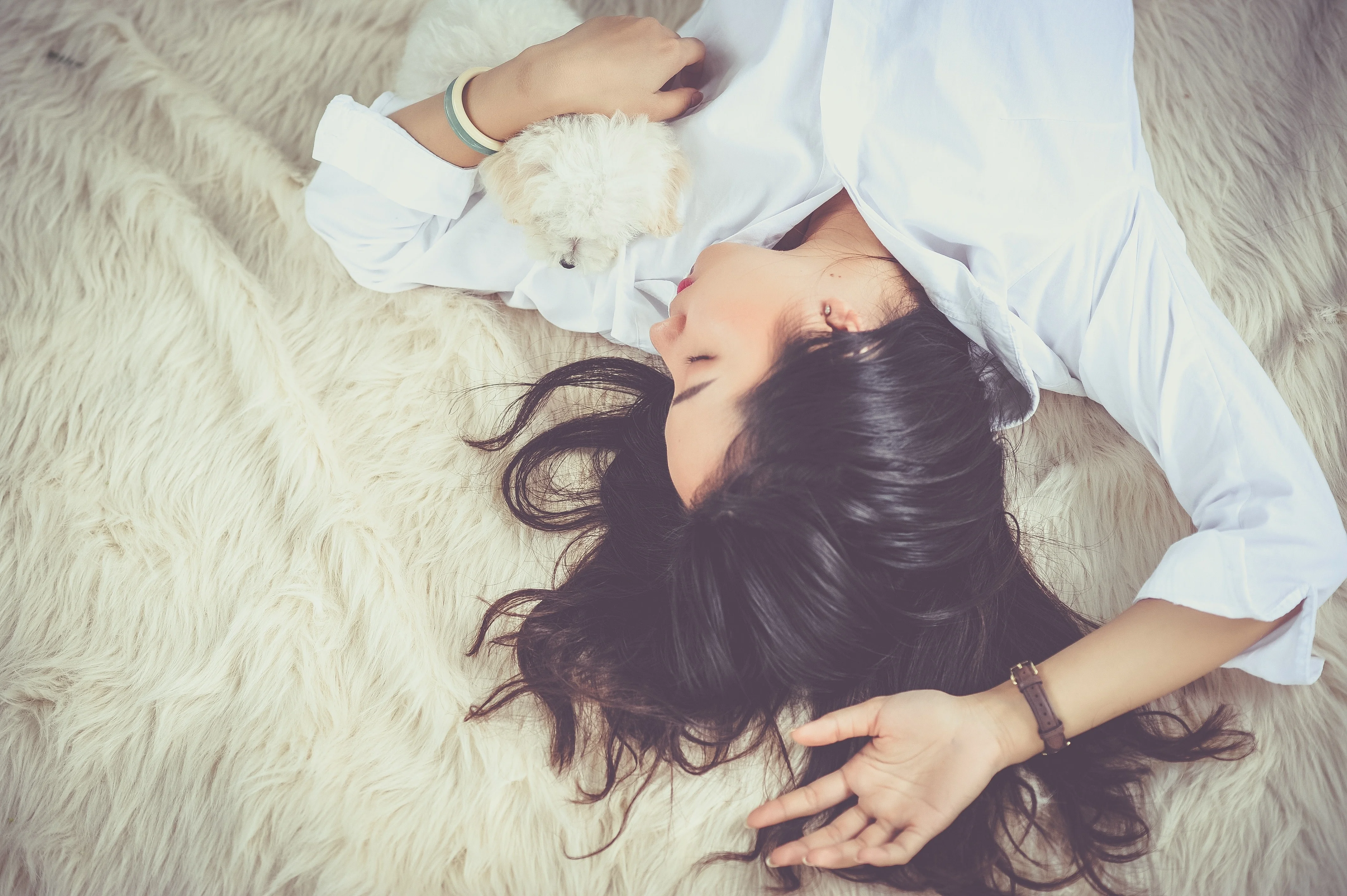
Having Trouble Sleeping? Scientist Suggests Slumbering On Your Back
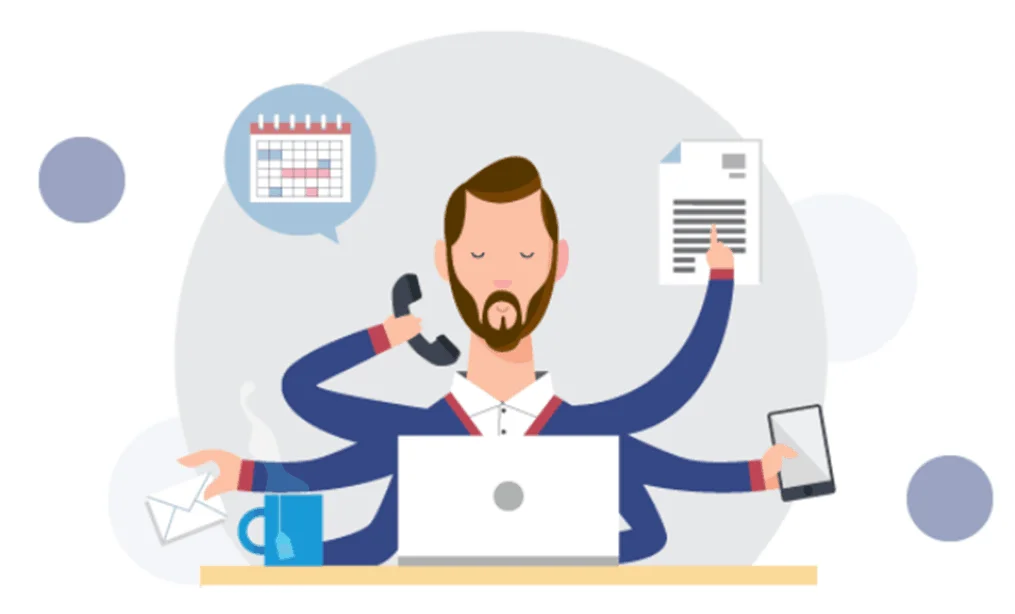
Americans Lose This Much Sleep to Micro-Stress Each Year
Sources
1. Rayward, Lionel; Ho, Selina W. K.; Green, Daniel; Little, J. Paige; “Sleep disruption and sleep position: Increased wake frequency in supine predicts lateral position preference,” Centre for Biomechanics and Sleep Research, Queensland University of Technology; https://onlinelibrary.wiley.com/doi/pdf/10.1111/jsr.14325; August 12, 2024.
2. Shane A. Landry, Caroline Beatty, Luke D.J. Thomson, Ai-Ming Wong, Bradley A. Edwards, Garun S. Hamilton, Simon A. Joosten, “A review of supine position related obstructive sleep apnea: Classification, epidemiology, pathogenesis and treatment,” Sleep Medicine Reviews, Volume 72, 2023, 101847, ISSN 1087-0792.
3. McNally, Victoria; “2 in 3 consider themselves anxious sleepers,” SWNS Digital; https://swnsdigital.com/us/2023/03/2-in-3-consider-themselves-anxious-sleepers/; March 15, 2023.
4. Fister, P., Nolimal, M., Lenasi, H. et al. The effect of sleeping position on heart rate variability in newborns. BMC Pediatr 20, 156 (2020). https://doi.org/10.1186/s12887-020-02056-2

























